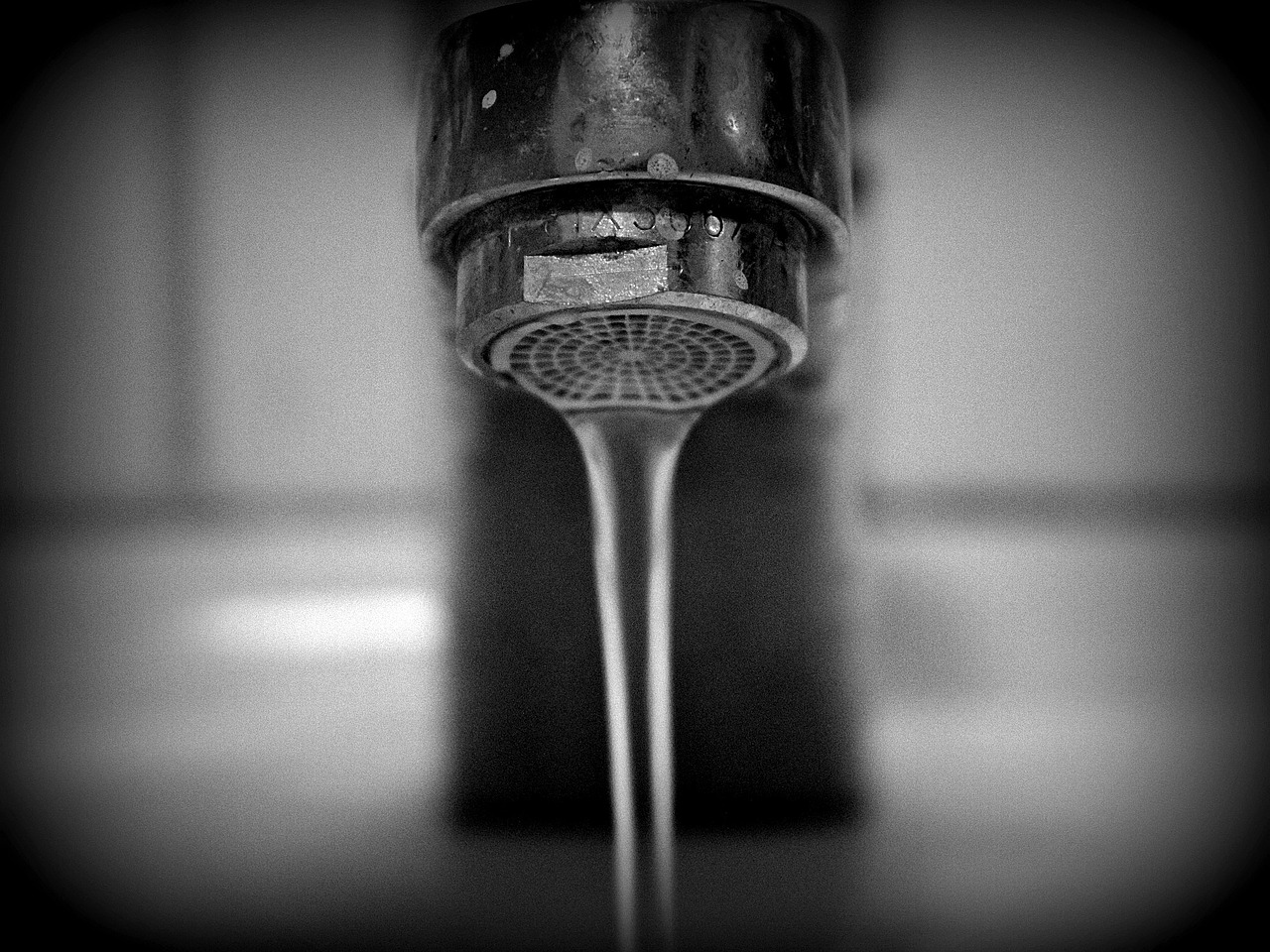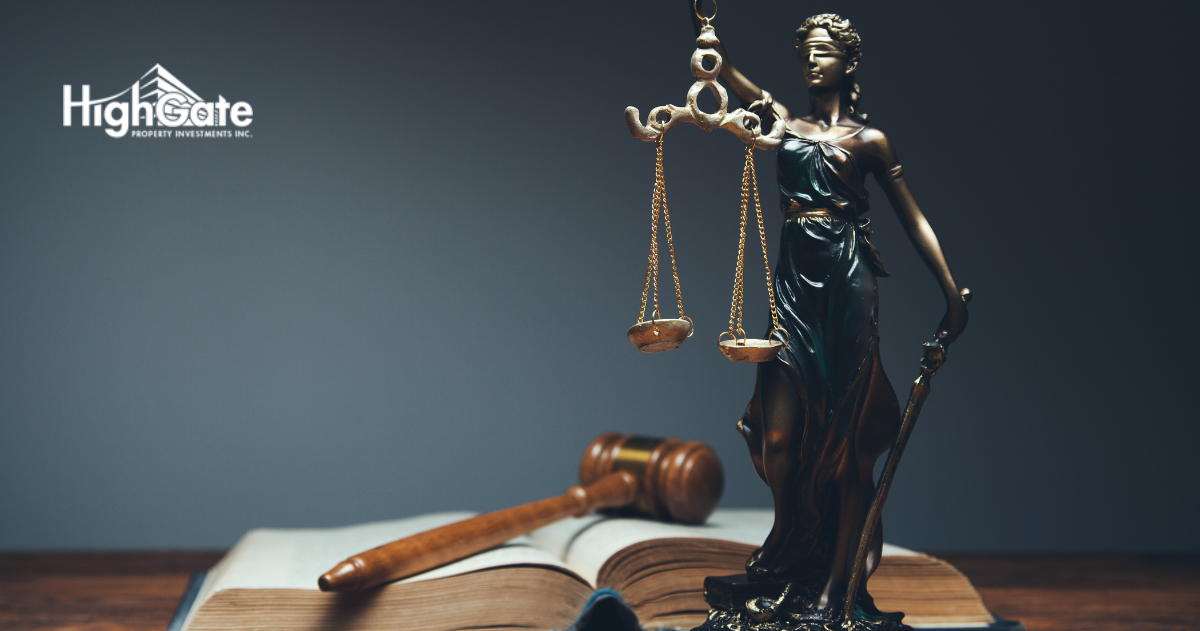With the long Canadian winter finally over, some Ontario landlords may find that their tenants have not paid their utility bills and may be facing shut off – especially now that spring has arrived and electricity disconnections can once again take place. When dealing with tenants who have not paid their utilities, it’s important to follow the correct steps in order to correctly handle the situation. Here’s what Ontario landlords need to know about tenants who have not paid their utility bills.
When the utilities are paid for by the tenant
For landlords who have written into their rental agreements that tenants are responsible for arranging for and paying utility bills for a unit, the responsibility falls on the tenant. Tenants who have not paid for their utilities like electricity and water can face warnings, financial penalties, and even the termination of services. Private utility companies are responsible for giving tenants advance warning when payments have not been made, and must give notice before disconnecting or terminating services.
If a tenant has not paid their electricity bill, the supplying company can only terminate service before November 15 and after April 30. A tenant who does not pay their utility bills and faces termination cannot claim that the landlord has withheld a vital service from them because the utilities have been filed under their own name.
In a situation where the tenant has not paid utilities that are municipally owned such as water, there may be precedent in Ontario for the city to add utility arrears to the property owner’s tax bill – meaning that Ontario landlords may be responsible for paying utility arrears that they have no ultimate control over. This makes it even more important to check in with your tenants and ensure that things are running smoothly on their end – tenants who have difficulty paying their utilities may be able to access financial assistance.
Landlords cannot interfere with utilities or contact utility providers to request that utilities be turned off, even if the tenant in question is not paying their rent – this would be in violation of the Residential Tenancies Act. If the tenancy agreement states that tenants must pay for their own utilities and are not doing so, they are violating the rental agreement and the landlord should file a claim with the Landlord and Tenant Board in the same manner that they would if rent payments were not being made by the tenant.
When the utilities are paid for by the landlord
If your rental agreement states that the landlord is responsible for the payments of utilities, then you are obligated to ensure that payments are made in full and on time. If a landlord fails to pay their utility bills and they are disconnected as a result, then they are considered to be withholding the service from tenants and are in violation of the rental agreement. If your tenants fail to make rent payments or have damaged the property and have refused responsibility, a landlord cannot interrupt vital services even if they are under the landlord’s name and account – services considered “vital” include water, electricity, fuel, gas, and heat between November and April.
The important role of property management services
Having a tenant who has not paid their utility bill can be a tricky situation to navigate as a landlord – as always, it’s important not to act hastily and to contact the relevant authorities on the matter for recommendations on how to proceed. These situations are where property management companies such as Highgate Properties can be an extremely useful resource for landlords. The property management experts at Highgate have the knowledge and experience needed to carefully handle these situations, freeing you from the time-consuming process involved and allowing you to focus on the more important parts of your life.
To find out more about the property management and realty services offered by the experts at Highgate Properties, contact us today.





